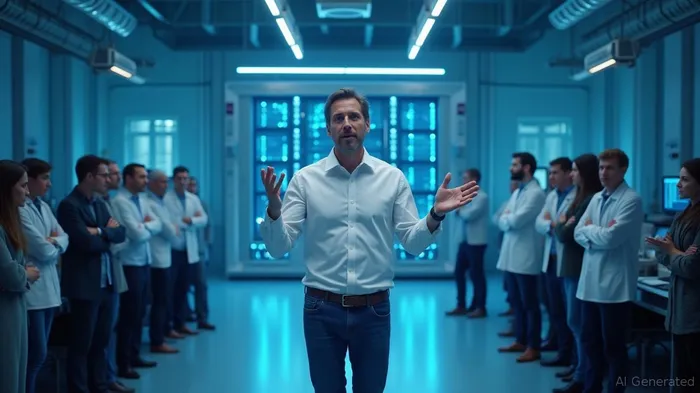OpenAI's Quest for AI-Driven Scientific Breakthroughs: Altman's Vision for Novel Insights
In a recent article titled "The Mild Singularity," OpenAI CEO Sam Altman shared his thoughts on how artificial intelligence might transform human experience over the next 15 years. This article forecasts the potential of general artificial intelligence (AGI) and suggests that OpenAI is nearing this achievement. However, Altman has downplayed the immediacy of AGI’s arrival, regularly sketching future scenarios where AGI could redefine work, energy, and social dynamics, with hints of OpenAI’s forthcoming directions.
Altman predicts that the world may witness AI systems capable of generating "novel insights" next year. Although the expression is somewhat ambiguous, recent hints from OpenAI executives indicate a focus on developing models that propose new and intriguing ideas about the world. During the April announcement of OpenAI's o3 and o4-mini AI models, Co-founder and President Greg Brockman emphasized their ability to generate innovative ideas.
Altman’s blog suggests that OpenAI might intensify efforts to develop AI capable of producing novel insights in the coming year. OpenAI isn't alone in this pursuit; competitors have shifted towards training AI models to aid scientists in generating fresh hypotheses for groundbreaking discoveries.
In May, GoogleGOOG-- released a paper on AlphaEvolve, an AI coding agent credited with novel solutions to complex mathematical problems. FutureHouse, a startup supported by former Google CEO Eric Schmidt, claims its AI agent tools have already achieved genuine scientific discoveries. Meanwhile, Anthropic launched an initiative supporting scientific exploration.
Successfully automating critical elements of the scientific process could lead these companies into large-scale industries centered around drug discovery, materials science, and other science-driven fields. Altman's recent article isn’t his first hint at OpenAI’s roadmap. In January, he alluded to 2025 being the "Year of the Intelligent Agent," preceding the launch of three AI agents: Operator, Deep Research, and Codex.
However, enabling AI systems to generate novel insights may prove more challenging than enhancing agent-like characteristics. There is skepticism within the scientific community regarding AI's ability to produce truly original insights. Earlier this year, Hugging Face's Chief Scientific Officer Thomas WolfWOLF-- argued that modern AI systems lack the capability to ask profound questions essential for substantial scientific breakthroughs.
Former OpenAI research head Kenneth Stanley, who's assembling a team at Lila Sciences, a startup aiming to establish an AI-driven lab, notes the complexity of this challenge. Their aim is to enable AI models to offer better hypotheses, a task demanding AI to perceive creativity and intrigue.
Whether OpenAI can develop an AI model capable of generating novel insights remains uncertain. Nonetheless, Altman’s article hints at familiar themes—suggesting OpenAI's potential next steps.

Stay ahead with the latest US stock market happenings.
Latest Articles
Stay ahead of the market.
Get curated U.S. market news, insights and key dates delivered to your inbox.



Comments
No comments yet